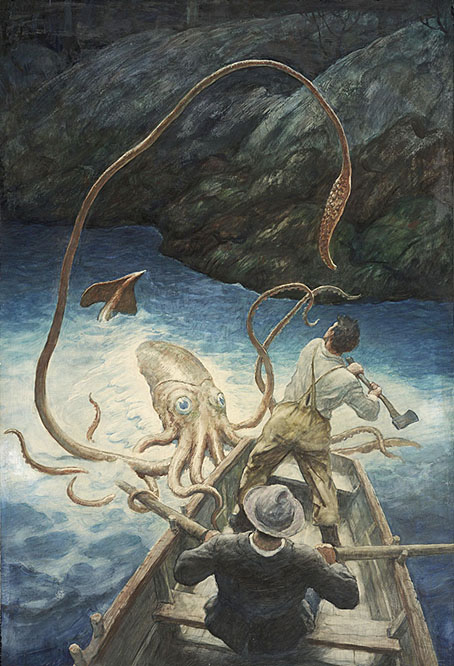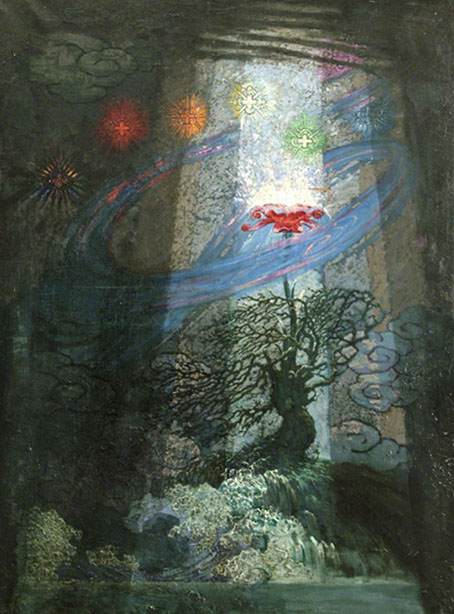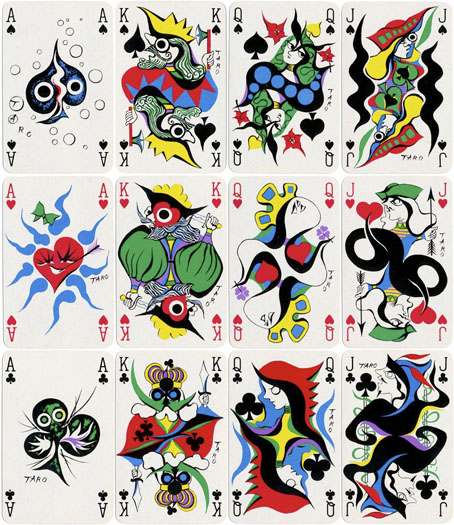Noonday Heat (1903) by Henry Scott Tuke.
• It may still be summer but the Halloween film reissues are already being announced. This year Radiance Films is presenting two features by Belgian director Harry Kümel: the lesbian vampire drama Daughters of Darkness (UHD+BD | BD), and Malpertuis, Kümel’s adaptation of the Jean Ray fantasy novel. This week I’ve been watching Polish animated films on Radiance’s just-released Essential Polish Animation.
• At Colossal: Dennis Lehtonen documents a pair of immense icebergs paying a visit to a small Greenland village.
• Coming soon from Strange Attractor: ShoreZone, nine short stories by dramatist David Rudkin.
The problem is that the extraterrestrials that xenolinguists claim to seek are often beings imagined to have technologies, minds or languages similar to ours. They are projections of ourselves. This anthropomorphism risks blinding us to truly alien communicators, who are radically unlike us. If there are linguistic beings on planets such as TOI-700 d or Kepler-186f, or elsewhere in our galaxy, their modes of communication may be utterly incomprehensible to us. How, then, can xenolinguistics face its deficit of imagination?
Perhaps by re-engaging its speculative origins. Through the mode of thought characteristic of science fiction, the science of alien language might yet learn to open itself to every conceivable degree of otherness, even the possibility of beings that share nothing with us but the cosmos.
Eli K P William on problems in xenolinguistics
• DJ Food’s latest foray into pop psychedelia is a look at the psych influence on the teen romance comics of the late 1960s: part 1 | part 2 | part 3.
• Mixes of the week: DreamScenes – July 2025 at Ambientblog, and Bleep Mix #305 by Adam Wiltzie.
• “The hot tar splashed everywhere.” Dale Berning Sawa on Derek Jarman’s Black Paintings.
• At Unquiet Things: Meet your friendly neighbourhood art book author & book seller.
• Winners of the 2025 Big Picture natural world photography competition.
• At the BFI: Rory Doherty chooses 10 great heatwave films.
• The closest images ever taken of the Sun’s atmosphere.
• Kae Tempest’s favourite records.
• Heat (1983) by Soft Cell | Heatwave (1984) by The Blue Nile | Heatwave (1987) by Univers Zero





